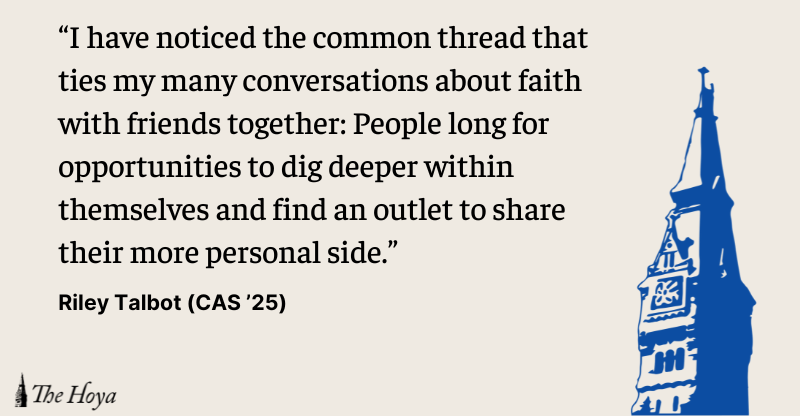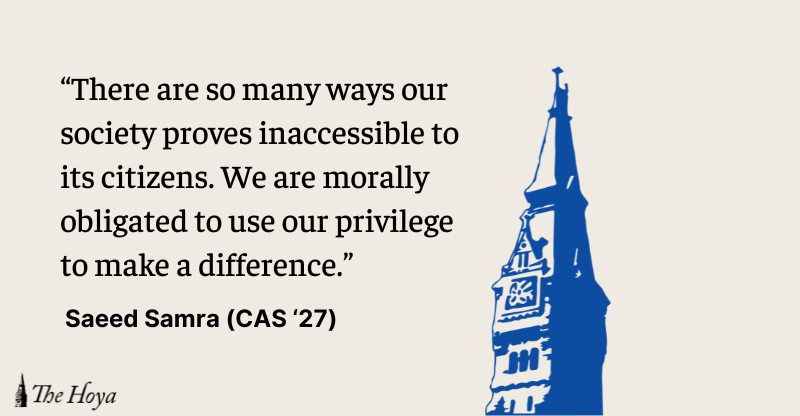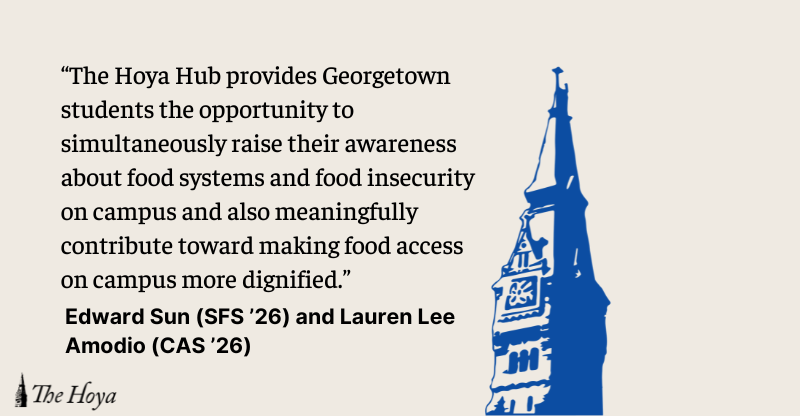If you are asking yourself, “What’s the point of making sustainable choices?” you are not alone. People across the planet are coping with the impacts of climate change in different ways.
Climate change is causing rising temperatures, more extreme weather events and melting glaciers and ice caps. Biodiversity loss is occurring at an alarming rate, with species going extinct due to habitat loss, pollution and other human activities. Our overconsumption and disposable culture lead to overflowing landfills and plastic waste polluting our oceans and waterways.
While these problems may feel daunting, your daily actions can have a real and lasting impact — even small, sustainable choices are immensely important. If the potential to reduce your contribution to the climate crisis isn’t incentive enough, think of it this way: You can benefit from taking action by gaining feelings of empowerment, personal development and new connections with people. And, to be honest, society — and the earth — needs more people to contribute their efforts in order to get through this mess.
The time is now to explore your role in the ecological crisis.
We still have a window to avoid the worst consequences of climate change, like extreme droughts, heatwaves and disrupted ocean currents, which would lead to impacts such as natural disasters, devastating health dynamics and irrecoverable loss of ecosystems. Studies show that our individual actions matter, especially for residents of wealthy countries who emit the vast majority of greenhouse gasses.
To mitigate the most dire outcomes for the planet, each person needs to reduce their carbon footprint by a third. While some of your carbon footprint is outside of your control — like the emissions that come from the energy composition of the grid — taking action on things within your span of control can have an impact.
Just by using your Hoya Transit card or the GUTS bus instead of single-occupancy rideshare, you can reduce your carbon footprint by 2.2 tons per year, which equates to 15% of the average American’s carbon footprint. You’re already on your way to making a meaningful difference.
When you recycle at home and compost when you are at Leo’s all year, you help to reduce the national carbon footprint. The combined effects of all Americans’ recycling and composting has equaled the effects of taking 42 million cars off the road.
If you reuse your water bottle when you hydrate, you not only reduce plastic waste but also diminish climate change and even infectious disease, one of climate change’s major impacts on human health.
Reporting a leaky faucet in your residence hall to Facilities helps reduce water consumption — in turn reducing the energy and emissions it takes to make water drinkable. Substituting beef with another food for one meal a day can reduce your personal dietary carbon footprint by 48%.
And swapping your flight up the East Coast for the electrified Northeast Corridor Amtrak train allows you to emit 72% less greenhouse gas emissions than flying.
By exploring your role in the ecological crisis, you can find ways to make a positive impact.
The efforts of Georgetown University students, faculty and staff matter, as does the commitment of the university as an institution. From planning and facilities to investments, Georgetown is taking action to address the climate crisis — but the individuals that make up our institutions are also instrumental in making a positive impact on climate change.
In a recent letter entitled “Laudate Deum,” Pope Francis emphasized our personal roles in addressing the climate crisis. “Nonetheless, every little bit helps, and avoiding an increase of a tenth of a degree in the global temperature would already suffice to alleviate some suffering for many people,” Francis wrote. “There are no cultural changes without personal changes.”
Students have the power to drive meaningful change towards sustainability. Even the small sustainable steps each of us take can collectively help create a thriving future.
Meghan Chapple is the Vice President of Sustainability at Georgetown University.




















